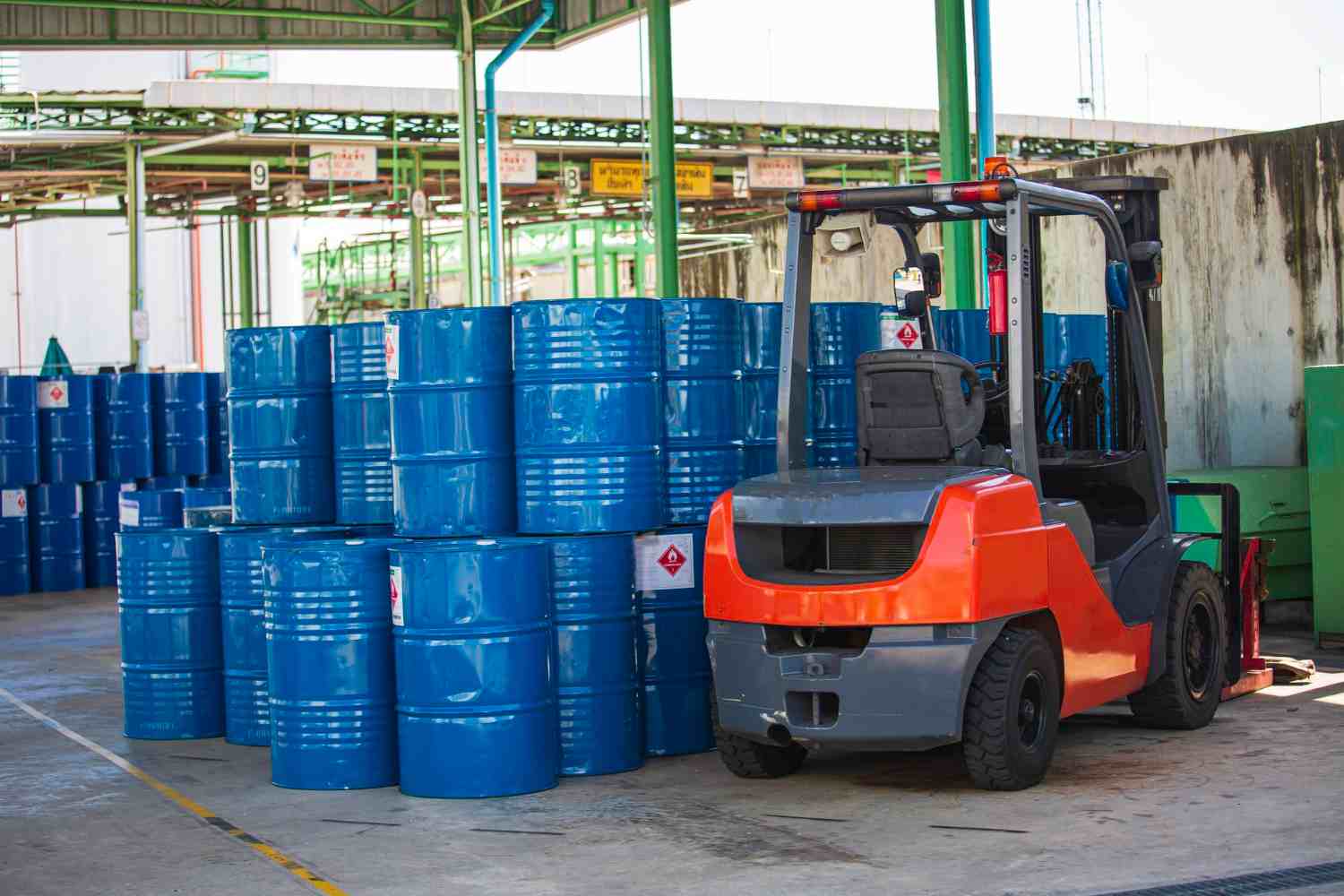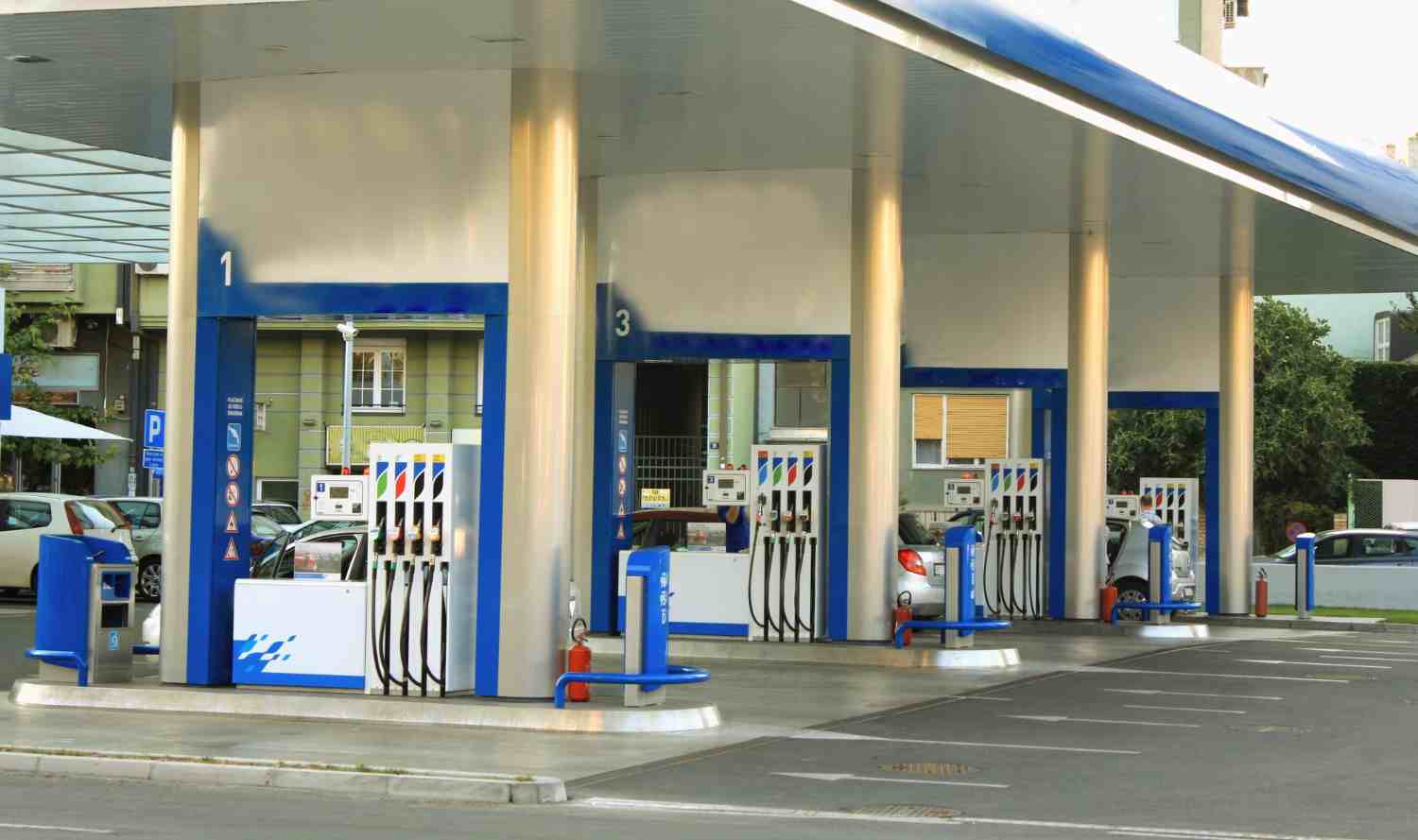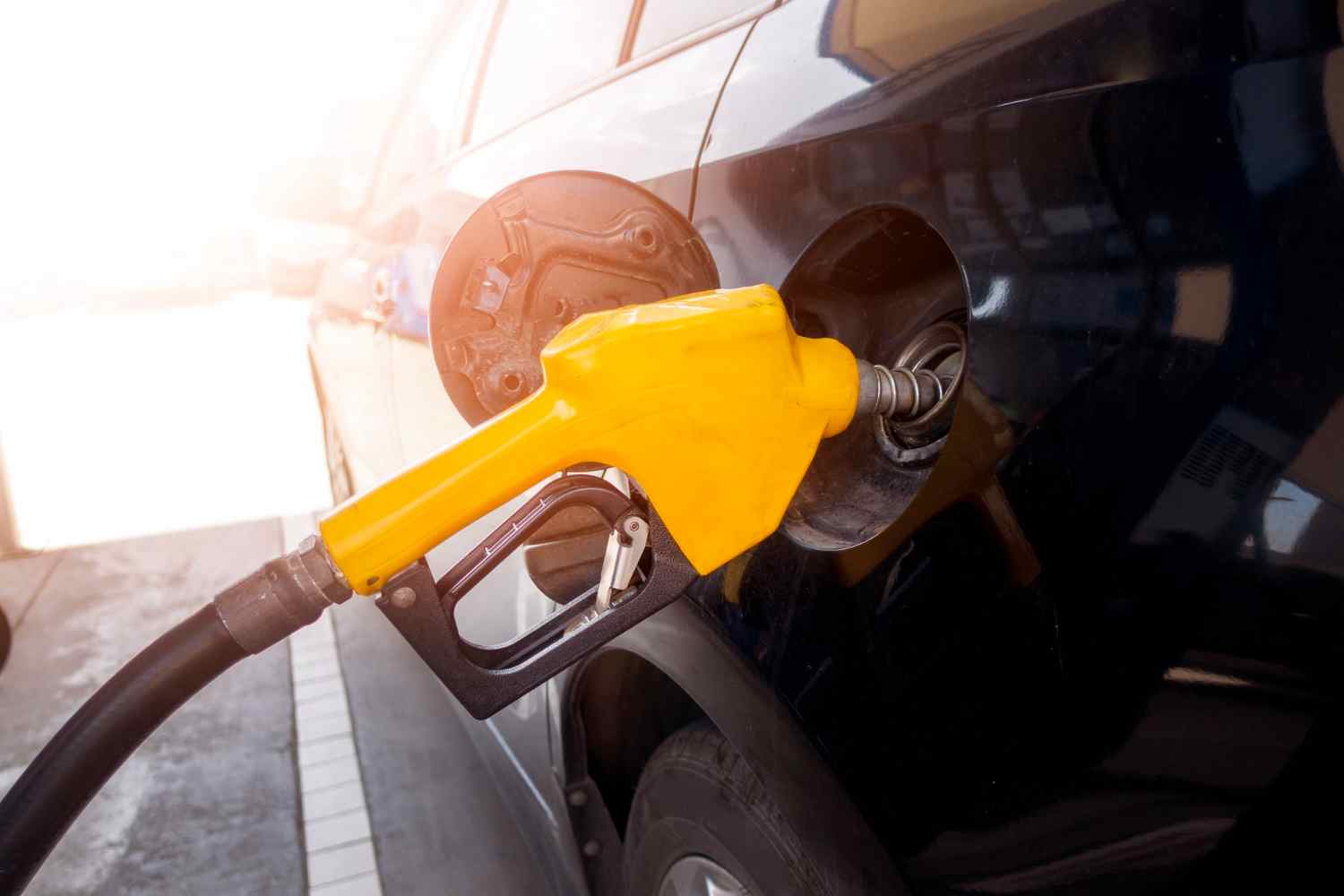Fuel is extremely flammable and dangerous. Therefore, handling and storing it properly is essential to preventing environmental harm. Depending on how much and where you store fuel, there are several rules. Adhering to the applicable laws is essential to guarantee safe storage and prevent legal actions or penalties.
Home Fuel Storage Regulations
If you install a fuel tank at your home for your stove or central heating, you must store fuel at home in accordance with Building Regulations.
Quantities of Fuel You Can Store at Home
Less Than 30 Litres
You can keep up to 30 litres of fuel without any permission if you own a house or vehicle. Nonetheless, the type of container required by regulation varies based on the volume being stored:
- Up to 30 litres: Demountable tank
- Up to 20 litres: Metal container
- Up to 10 litres: Plastic container
Less Than 275 Litres (more than 30 litres)
To store this amount, you will need to provide written notice to the local Petroleum Enforcement Authority, along with your location, address, and name.
Less Than 3500 Litres (more than 275 litres)
To store any quantity between this, you will need to obtain a licence and a fuel storage certificate from your local PEA.
Remember this:
- Store the fuel in an open place, and make sure that there is proper ventilation.
- It is recommended to store fuel outside of your home, in a shed or a garage.
- Never take out fuel manually from the fuel tank.
- Avoid all sources of heat in the storage area.
More Than 3500 Liters
To store this quantity, it is required to seek planning permission and adhere to business standards.

Fuel Storage Guidance for Public Buildings, Marinas, and Businesses
To keep fuel (more than 200 litres) at your public buildings or business places, you must abide by the Control of Pollution Regulations.
This Act refers to:
- Biofuels
- Hydraulic oils
- Petroleum
- Red diesel or fuel oil
- Business lubricants
- White diesel in bulk
- Synthetic oils
- Liquid bitumen products
Regulations
- Ensure that all local, state, and federal requirements related to fuel storage are followed.
- Conduct a risk assessment to establish the type and capacity of fuel storage that is required.
- Fuel should be stored in authorised containers and tanks that meet safety and environmental regulations.
- Label fuel storage tanks and containers clearly with the kind of fuel and any hazard warnings.
- To limit environmental harm in the event of a leak or spill, implement spill prevention measures such as secondary containment.
- Inspect and maintain fuel storage equipment on a regular basis to ensure appropriate operation and address any faults as soon as possible.
- Keep fire suppression equipment, such as extinguishers, next to fuel storage sites.
Guidelines for Fuel Storage on Farms
There are various laws in England that you must follow to store fuel on a farm for agricultural purposes.
- Use only permitted fuel storage tanks and containers.
- Keep gasoline away from ignite sources and structures.
- Inspect and maintain fuel storage equipment on a regular basis.
- Teach farm workers how to handle fuel safely.
- No smoking zones should be established around fuel storage locations.
- Protect fuel storage against illegal access.
- Keep an eye on gasoline levels and usage to avoid shortages or overfilling.
- Follow all local legislation and safety precautions.
On the other hand, you have to abide by business regulations if you store fuel on a farm for non-agricultural uses.
Rules governing fuel tanks and design specifications
Every storage tank installation must comply with the Building Regulations and must include the following:
- Oil drums and fixed drums
- Mobile browsers
- IBCs
- A few transformers and generators
A qualified and licensed business must install all tanks, and they will also assess whether your tank needs a bund to guard against leaks and spills.
Fixed Tanks | Must comply with British Standard 5410 |
Plastic Tanks | Must meet OFTEC Standard |
Metal Tanks | Must meet British Standard 799-5 |

Regulations for Fuel Storing Location
- Little chance of equipment damage or weather impact
- Away from flooding hazards
- Away from coastal areas or inland by at least one metre
- 50 metres or more away from a spring
- Above and away from roof height
Connectors and Fittings for Fuel Tanks
To prevent fines and penalties related to pollution, it’s critical to utilise the proper gasoline tank connections and fittings.
Pipelines
Commercial pipework is usually made of steel, adding to its resilience against damage. Note that in order to prevent corrosion, steel tubing needs to be painted rather than galvanised.
For domestic pipework, soft copper with a plastic coating is preferred since it is highly manipulable.
Delivery Pipe
If the flexible line that dispenses oil from your fixed fuel tank includes a drop tray, it should be placed in a lockable cabinet that is closed when not being used. Alternatively, the pipe needs to be stored inside the bund having a lockable valve where it exits the tank.
Pump
As a possible source of ignition, pumps are subject to a number of regulations regarding their operation.
These include:
- When not in use, keep it securely enclosed or shut off the electricity source to avoid wasting it.
- It should be placed outside of the bund in the open air.
- It must be situated far from any environmental impacts.
Piping
pipes must have shut-off valves that meet BS EN IS 10497 fire safety standards to prevent leakage.
Any valves, taps or vent pipes in your fuel tank that are permanently attached and run the danger of leaking oil must be placed inside the bund so that any spilt oil will land inside the bund.









